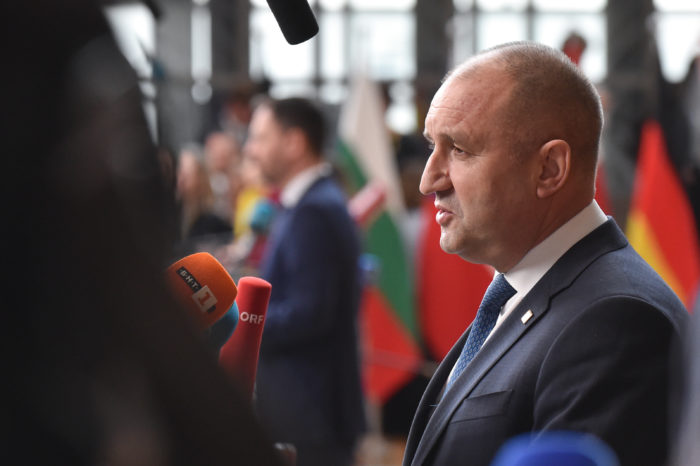In an interview with Polydeukis Papadopoulos, Ioannis Armakolas commented on political developments in Bulgaria following the fifth round of elections there, the recent presidential elections in Montenegro, and the ongoing dialogue between Serbia and Kosovo within the framework of the recent EU-mediated agreement.
In view of the new political deadlock and the shadow cast by the rise of the pro-Russian party, he said that Bulgaria will come under considerable pressure from the EU and the US to reach a longer-term political solution to the nation’s governance. Turning to the new political chapter on which Montenegro has embarked following the defeat of Milo Djukanovic, Armakolas noted the multiple challenges any government that emerges from this summer’s elections will face, given the intense polarization and intent on the part of specific, anti-European parties to steer the country towards Serbia.
With regard to the recent EU-mediated agreement between Serbia and Kosovo, he stressed that “the EU’s failure to secure the signatures of both leaders must call into question the prospects of its being implemented”. He also noted that “It is Serbia that will have to turn the page, if it really wants to resolve the issue: the stabilization of the region and its own integration into Europe”.
Finally, he analyzed the key takeaways from the first MORE Report delivered within the framework of the ALGREE project, which looks at how bilateral relations are reported by the media in Greece and Albania, stressing the “missed opportunities” whereby the media could facilitate a change in the political atmosphere between the two governments, and the ever-improving relationship between the two societies.
Click to listen to the interview, in Greek.




